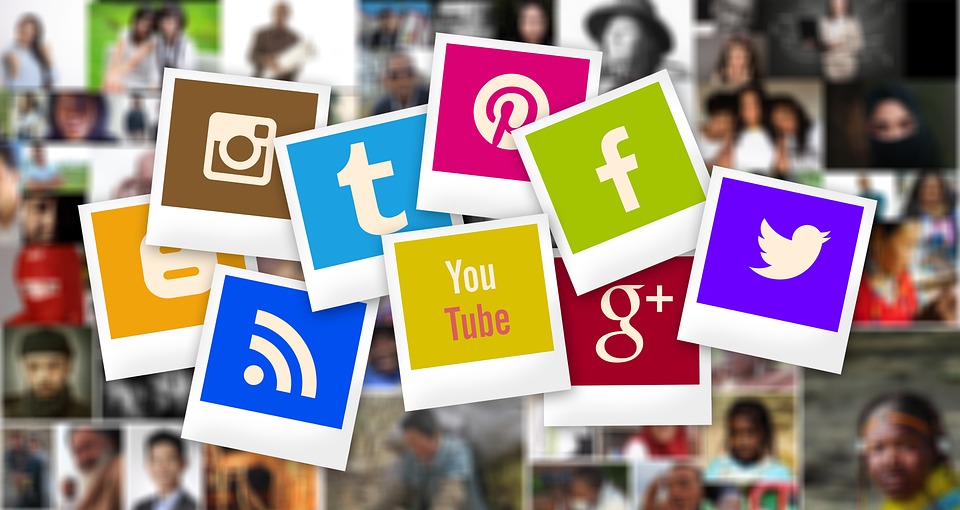Introduction
In today’s digital age, advertising plays a crucial role in the success of small businesses. With so many options available, many entrepreneurs find themselves asking: Google Ads or Facebook Ads? Which platform delivers better ROI in 2023? This blog post explores the strengths and weaknesses of both platforms to help small business owners make informed advertising decisions.
Understanding Google Ads
What is Google Ads?
Google Ads is a pay-per-click (PPC) advertising platform where businesses can promote their products and services through search results on Google. Ads can appear in various formats, such as text, display, and video, targeting users based on their search queries and online behavior.
Advantages of Google Ads
- Intent-driven traffic: Google Ads captures users actively searching for specific products or services, leading to higher conversion rates.
- Wide reach: With billions of searches conducted daily, your ad can reach a vast audience.
- Advanced targeting options: Utilize demographic, geographic, and keyword targeting to refine your audience.
Exploring Facebook Ads
What is Facebook Ads?
Facebook Ads enables businesses to promote their brand and products on the Facebook platform. Ads come in various formats, including images, videos, and carousels, allowing for creative engagement with a diverse audience.
Advantages of Facebook Ads
- Visual storytelling: Facebook’s ad format allows for creative storytelling, making ads visually engaging.
- Targeting diverse audiences: With detailed demographic targeting and interests, businesses can reach specific audience segments effectively.
- Social engagement: Facebook’s platform encourages user interaction, leading to increased brand awareness and loyalty.
ROI Comparison: Google Ads vs Facebook Ads
Factors Influencing ROI
Several factors impact the ROI of your ad campaigns, including:
- Industry: Some industries perform better on one platform than the other.
- Target Audience: Where your ideal customers spend their time matters.
- Budget: Your advertising budget can limit your reach and effectiveness.
Case Study: Real-Life Examples
A small local bakery might find success using Google Ads by targeting keywords related to “fresh bread near me,” leading to high-intent customers, while a fashion boutique could see better results with Facebook Ads showcasing their latest collections to users interested in fashion.
Digital Marketing Tips for Small Businesses
1. Start with Clear Goals
Define specific objectives for your ad campaigns, whether brand awareness, lead generation, or direct sales.
2. Test and Optimize
Run A/B tests on your ads to determine which messages and formats resonate best with your audience. Use tools like Google Optimize and Facebook Ads Manager for insights.
3. Monitor Your Metrics
Track key performance indicators (KPIs) such as click-through rates (CTR), conversion rates, and cost per acquisition (CPA) to better understand your ROI.
Conclusion
Choosing between Google Ads and Facebook Ads depends largely on your business goals, target audience, and advertising budget. In general, Google Ads may yield better ROI for businesses looking to reach ready-to-purchase customers, while Facebook Ads can be more effective for building brand awareness and engaging with potential customers. Always test both platforms to discover what works best for your unique business needs in 2023.
Frequently Asked Questions (FAQ)
1. Which platform is better for local businesses?
For local businesses, Google Ads may yield better results due to intent-driven traffic. However, Facebook Ads can effectively engage potential customers through targeted local campaigns.
2. How much should I spend on Google Ads and Facebook Ads?
Start with a modest budget (e.g., $500/month) and gauge performance. Adjust your budget based on ROI and scale successful campaigns.
3. Can I use both platforms simultaneously?
Yes, using both platforms can diversify your marketing strategy. Allocate budgets based on performance insights to maximize ROI effectively.


Comments are closed.